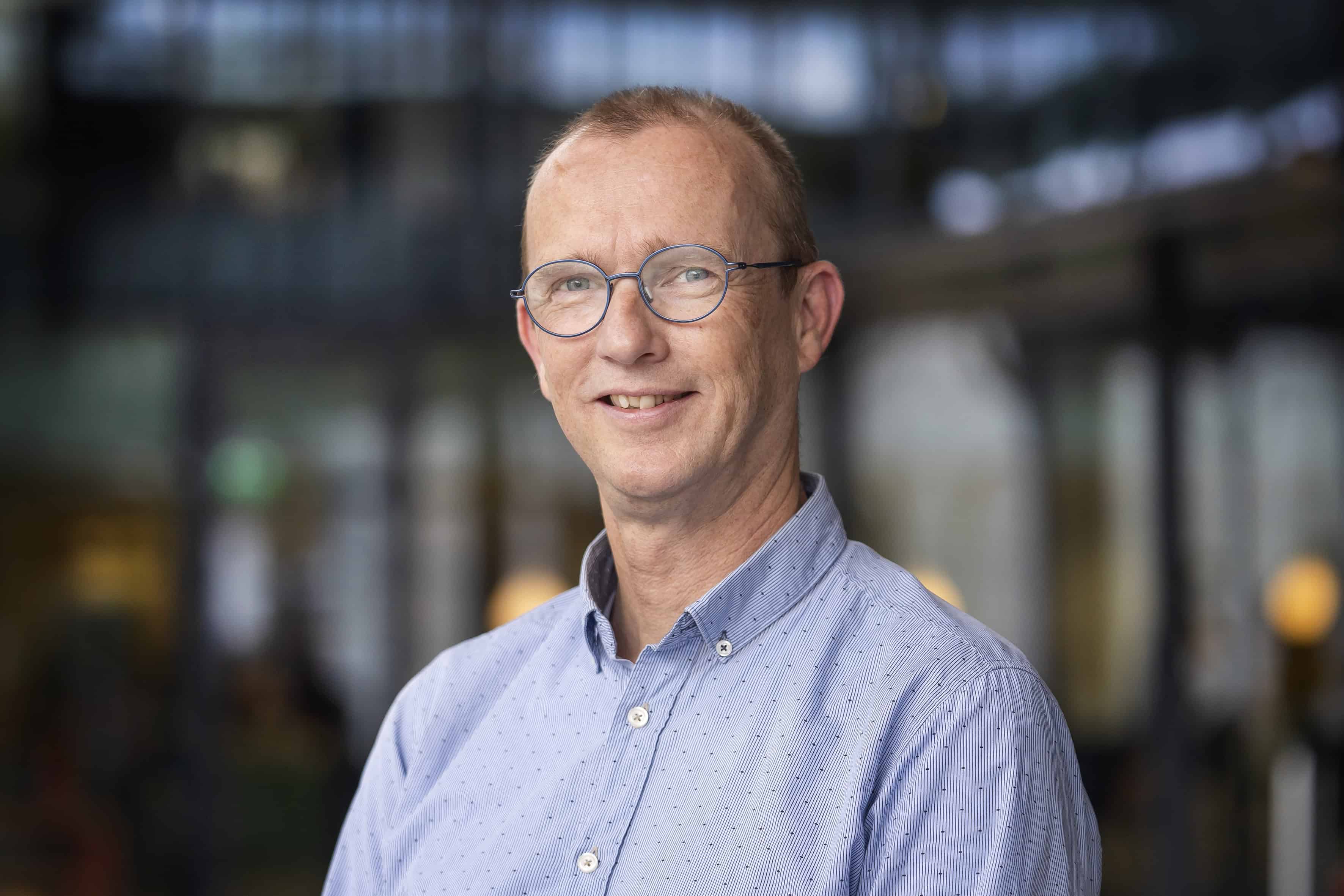
Delft University of Technology (TU Delft)’s Reactor Institute has completed a major upgrade, transforming its facility into a state-of-the-art research hub. The modernized reactor, which opened yesterday, features a neutron cooler that produces neutrons at -250°C, dramatically enhancing measurement speed and quality. This advancement enables researchers to conduct experiments in minutes that previously took hours, accelerating progress in energy transition, cancer treatment, and sustainable materials development.
The institute’s expanded capabilities position it at the forefront of radiation research, addressing critical challenges in renewable energy, medical applications, and cultural heritage preservation. As global interest in radiation research grows, TU Delft invites partners to join in tackling society’s most pressing scientific challenges.
Aligning with national energy goals
The Dutch government has long emphasized energy independence through a diverse mix of renewable energy sources, including nuclear power. The upgraded reactor at TU Delft plays a pivotal role in supporting this national agenda. By enhancing radiation research, the institute contributes significantly to developing new materials for solar cells, batteries, and efficient cooling and heating systems. This aligns seamlessly with the country’s broader goals of achieving a sustainable and energy-independent future.
Expanding research horizons
Beyond energy, the TU Delft Reactor Institute is making strides in medical applications. The facility’s research includes developing processes for cancer diagnosis and treatment of isotopes. This underscores the institute’s commitment to improving healthcare outcomes through advanced scientific research. Furthermore, the institute’s work on soy-based meat substitutes aims to promote a more sustainable food system, reflecting its dedication to addressing a broad spectrum of societal challenges.
In addition to energy and healthcare, the institute is making significant contributions to cultural heritage preservation. Radiation techniques are being utilized to explore and answer pressing questions about historical objects and cultural artifacts. This not only preserves but also enhances our understanding of cultural heritage, offering insights that were previously unattainable. The institute’s interdisciplinary approach showcases its versatility and commitment to diverse research endeavors.

A collaborative future
As interest in radiation research continues to grow, the institute is eager to welcome new partners. This collaboration is essential as the world seeks innovative solutions to its most pressing challenges. The institute’s director, Wim Koppers, emphasized the importance of partnering with both established and new collaborators to continue advancing scientific knowledge and making a positive impact on society.
The official celebration highlighted the contributions of various partners and suppliers, as noted by rector magnificus Prof. Dr. Ir. Tim van der Hagen. Their support was instrumental in reaching this milestone, demonstrating the power of collaboration in achieving scientific breakthroughs.








